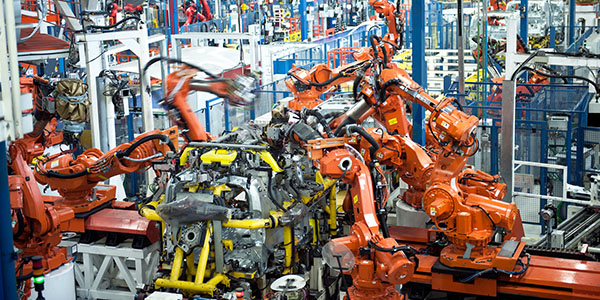
Electric Vehicles: A sharp acceleration
The global shift to electric vehicle adoption is happening even faster than many expected. This has urgent implications for South Africa’s automotive manufacturing industry, as well as our national network of car dealerships and fuel stations.
The move away from internal combustion engines (ICE) was already underway but it is being hastened by two main forces:
- Several governments’ ambitious climate commitments and
- The release of many new EV models by large, established automotive firms.
South Africa is both a producer of vehicles (and components) as well as a market for the sale of passenger cars, trucks and buses. The domestic manufacturing industry is well developed and exports to over 140 markets. Germany, the United Kingdom and the United States are among the largest export markets. Those countries’ strong support for EVs will force a change in South Africa’s mix of models being produced. By 2030, many of our major trade partners will have banned the sale of ICE vehicles. In 2020, South Africa exported 271,000 vehicles worth R120 billion despite the pandemic and many disruptions. Very few of those were hybrid electric vehicles. In time, the industry could surpass its previous export record of 387,000 vehicles achieved in 2019.
In the past decade, sales of EVs in South Africa have been small and slow, partly because of the lack of a network of charging stations but also because EV models have relatively higher prices. There are currently no direct subsidies to make EVs more affordable although some import taxes (ad valorem excise duties) might be reformed to make EVs more attractive. In the most recent quarter, June to August 2021, SA recorded new vehicle sales of R34 billion, used vehicle sales of R33 billion and fuel sales of R42 billion. The general fuel levy amounts to about R83 billion in the 2021/22 budget and is an important source of tax revenue, some 6% of all revenue. The levy, which rose by 11.5% in the most recent budget amounts to 16% of all taxes on “goods and services” and is equivalent in size to 23% of revenue from VAT. The Department for Trade, Industry and Competition released a discussion paper on ‘new energy vehicles’ in May 2021. The discussion paper has a strong focus on preparing South Africa to manufacture new energy vehicles and related components. Policy proposals will be submitted to cabinet by October 2021.
Andre Snyders speaks about the future of electric vehicles in Africa
